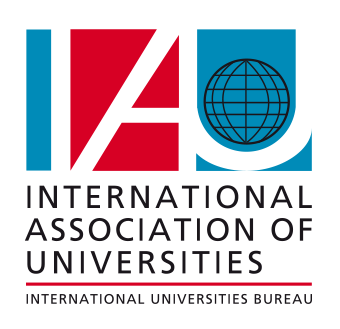Environmental Educator Initiative (EEI)
Presentation
The Shangri-la Institute for Sustainable Communities (SISC) has more than 16 years’ experience of working with HE institutions in China on a range of ESD projects. One of these was the Environmental Educators Initiative (EEI): a 10 year project established by the core team of SISC (as part of the World Wide Fund for Nature (WWF) Education programme), China’s Ministry of Education and British Petroleum (BP). The EEI was initiated in 1997 and established a network of 21 ESD Centres in HE institutions throughout China. The Education for Sustainable Development (ESD) centres served as coordination hubs for outreach work with schools and communities.
Main activities
The EEI was a 10-year project, which was completed in 2007. SISC, in collaboration with Ministry of Education are currently working to develop a new partnership to support the revitalization and development of the HE ESD network, as part of the Education for a Sustainable China (ESC) Initiative, to continue in the much needed effort to bring ESD to the forefront of education in China, through the development of a set of national ESD guidelines and formal-informal learning partnerships and platforms.
Results
The project had a huge impact: a core team of 5000 teachers, school principals and community educators were trained in Environmental Education EE and ESD; 87 EE resources were developed; EE and ESD were piloted in 119 primary and middle schools with some five million student’s directly impacted; and more than 10,000 college students also participated in the project.
ESD learning and experiences from the EEI informed the development of China’s first EE Guidelines, which were integrated into the National Curriculum in 2003, thereby reaching some 200 million primary and middle school students. The establishment of the regional HE ESD Centres and the implementation of regional and local training sessions fostered a feeling of project ownership, which resulted in the heightened commitment and enthusiasm of teachers, professors and participants.
Innovative aspects
The EEI university network played a huge role in facilitating and coordinating shared learning and exchange for ESD, as well as documenting, collating and disseminating the project learning and experiences to a wider audience. By forging partnerships and creating learning platforms HE institutions facilitated an ESD movement within China, which made an invaluable contribution to China’s education reforms.
For ESD to be effective, it must be lifelong and life-wide. This requires the facilitation of a process of learning for ESD in formal and non-formal learning settings. HE institutions worked in collaboration with other ESD players including communities, businesses, nature reserves, government agencies, etc. to promote dialogue and discussion on ESD so that all ESD players have a voice and can contribute to the ESD process.
Many communities retain valuable indigenous knowledge, cultural values and traditional practices, some of which provide new ways of thinking about ESD, which can contribute to the development of ESD locally, nationally and globally. Reconnecting with local culture and traditional knowledge through the creation of learning partnerships by way of joint projects such as community nature reserves, sustainable water management initiatives, and cultural heritage preservation activities, has enhanced learning for ESD in formal and non-formal settings.
More information
https://www.rcenetwork.org/portal/rce-greater-shangri-la-2023


